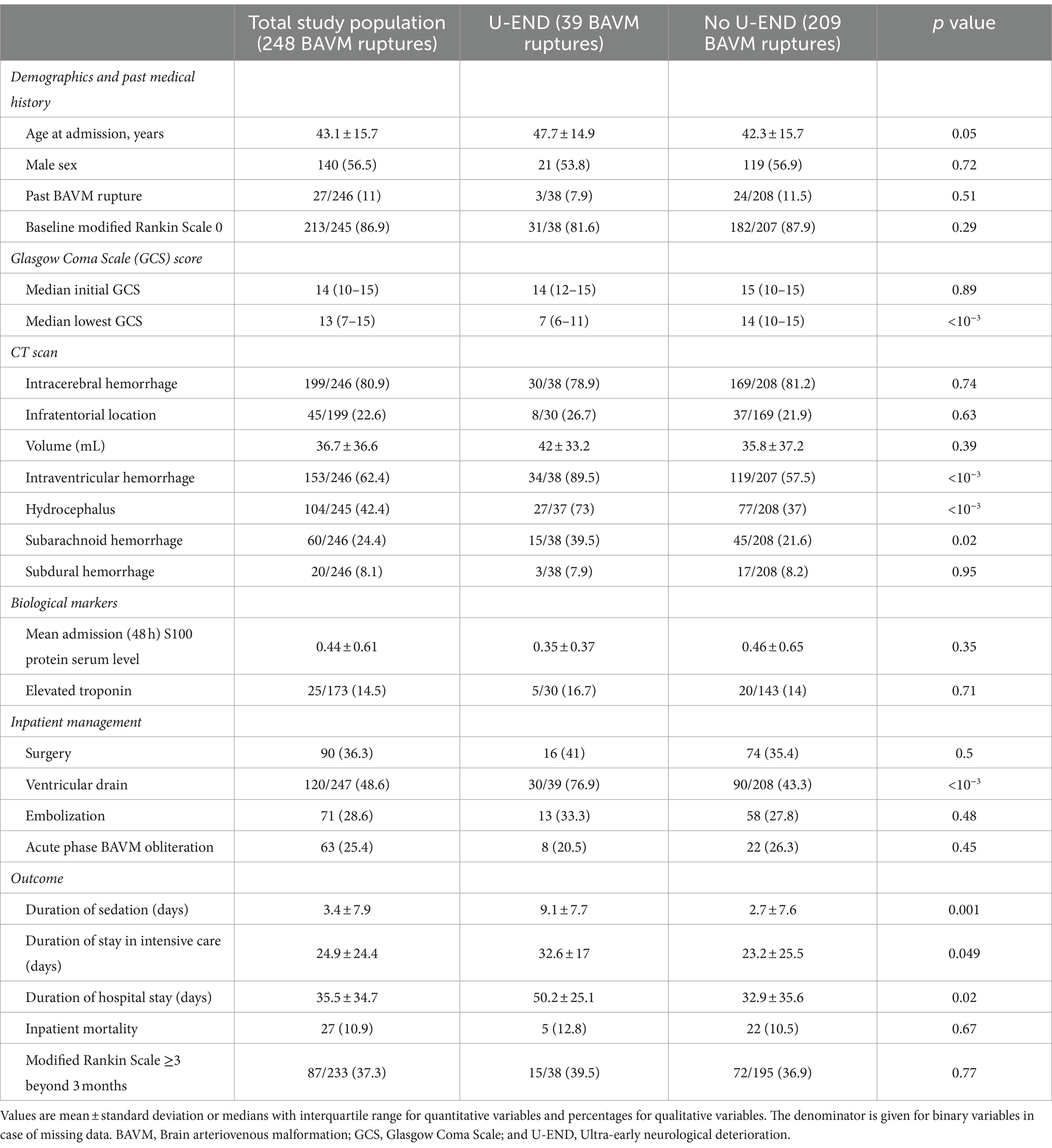Technological Revolution: How Digital Advancement Has Reshaped American Identity
The digital revolution and American identity
While immigration has historically shaped American identity through cultural diversity and demographic shifts, technological advancement stand as another powerful force that has essentially transformed how Americans see themselves and relate to one another. The rapid evolution of technology — from the industrial revolution to the digital age — has continually redefined American values, social structures, and collective consciousness.
Technology has altered not precisely whaAmericansns do, but who they perceive themselves to be. This transformation touch every aspect oAmericanan life, from work and leisure to community formation and political engagement.
From frontier spirit to digital pioneers
The American identity was initially forged through the frontier experience — a narrative of exploration,self-reliancee, and conquest of physical space. As the geographic frontier close,Americanss redirect this pioneer spirit toward technological innovation.
Silicon Valley emerge as the new frontier, with tech entrepreneurs embody the update American dream. The national narrative shift from conquer land to conquer digital space. This transition maintain core American values of innovation and individualism while adapt them to a new context.
The tech industry’s success stories — from garage startups to global corporations — reinforce the belief in meritocracy and opportunity that has foresight define ameAmericanentity. Yet this digital frontier, unlike its geographic predecessor, create new forms of inequality between the technologically empower and those leave hindquarters.
The transformation of work and class identity
Technology has essentially altered thAmericanan relationship with work — retentive a cornerstone of national identity. The shift from manufacture to service and knowledge economies change not scarce employment patterns but hoAmericansns define personal success and worth.
Blue collar identity, erstwhile central to American self conception, has diminished as automation eliminate traditional manufacturing jobs. Meantime, new tech center occupations create different status hierarchies and professional identities.
Remote work capabilities have far transformed thAmericanan experience, decouple employment from location and challenge the commuter lifestyle that define much of 20th centurAmericanan life. The pandemic solelaccelerateste this shift, make digital work the norm for many professionals and permanently altAmericancan work culture.
These changes have fractured the erstwhile unify concept of a” American worker,” create new divisions between those who thrive in the digital economy and those who struggle to adapt. The result economic anxiety has become a significant factor in contemporary aAmericanidentity politics.
Social media and the fragmentation of shared experience
Peradventure no technological development have more deeply affected American identity than social media. These platforms have simultaneously connecteAmericansns across vast distances while fragment them into progressively isolate information bubbles.
Before mass media, American identity was mostly local. Radio and television create share national experiences — from FDR’s fireside chats to the moon landing — that unified Americans around common reference points. Social media has reversed this trend, create personalize information environments that frequently reinforce exist beliefs instead than expose users to diverse perspectives.
The result is a paradox: Americans are more connected than e’er yet progressively divide in their perceptions of reality. This fragmentation challenge the concept of a unified national identity base on share values and experiences.
Social media has besides transform how Americans present themselves to others. The performance of identity online — through cautiously curate profiles and posts — has become an integral part of modern aAmericanlife, blur the line between authentic sself-expressionand strategic self marketing.
Digital communities and identity formation
Technology has revolutionized howAmericanss form communities and, by extension, their identities. Traditional community anchors — geographic neighborhoods, religious institutions, civic organizations — have been supplement or replace by digital connections base on share interests quite than share spaces.

Source: pewsocialtrends.org
Online communities allow Americans to develop identities around progressively specific affinities, from professional networks to hobby groups to political movements. These digital tribes oft transcend geographic and demographic boundaries, create new forms of belong that weren’t possible in the pre internet era.
For many Americans, especially younger generations, online communities provide primary sources of validation, support, and identity formation. This shift has weakened traditional geographic base identities while strengthen affinity base identities that may span the globe.
The rise of gaming communities, fan cultures, and social media groups has created new forms ofAmericann tribalism that operate aboard — and sometimes in tension with — traditional identities base on ethnicity, religion, or region.
Privacy, surveillance, and change notions of self
American identity has historically emphasized privacy and personal liberty — values nowadays challenge by ubiquitous digital surveillance. From government monitoring to corporate data collection,Americanss live in an environment of unprecedented visibility.
This surveillance economy has forced a reevaluation of what privacy mean and how much ofitsAmericansns are willing to sacrifice for convenience or security. The result tension between privacy and connectivity represent a fundamental shift in hoAmericansns understand their relationship with both government and corporations.
The awareness of being incessantly observe has altered behavior in subtle but profound ways. ManAmericansns nowadays live with the assumption that their digital actions are being record, analyze, and potentially share — a psychological state that previous generations ne’er experience.
This surveillance consciousness has created new forms ofself-censorshipp and performance in daily life, change howAmericanss express themselves both online and offline. The authentic self —eastt consider the cornerstone ofAmericann individualism — progressively compete with a curate public persona design for digital consumption.
Political identity in the digital age
Technology has transformeAmericanan political identity and discourse. Social media platforms havdemocratizedze political expression while simultaneously polarize political attitudes and fragment the public sphere.
Digital tools enable unprecedented political organization and activism, as demonstrate by movements from the tea party to black lives matter. These technologies allow Americans to quickly form political communities around share grievances or aspirations, bypass traditional gatekeepers like political parties or mainstream media.
Notwithstanding, the same technologies have contributed to political tribalism by create echo chambers whereAmericanss encounter principally information that confirm exist beliefs. Algorithmic content curation tend to amplify extreme viewpoints and emotional content, intensify partisan divisions.
Foreign influence operations, bot networks, and misinformation campaigns have far complicatedAmericann political identity by introduce artificial voices into domestic debates. The result uncertainty about information authenticity haserodede trust in share facts — a prerequisite for democratic consensus.
The acceleration of cultural change
Technology has dramatically increased the pace of cultural evolution inAmericaa. Ideas, trends, and social movements nowadays spread and evolve at unprecedented speed, challenge the ability of institutions and individuals to adapt.
This acceleration creates generational divides more pronounced than in previous eras. Americans of different ages progressively inhabit different cultural worlds, with distinct references, values, and communication styles shape by the technologies that define their formative years.

Source: tenement.org
The rapid obsolescence of skills and knowledge in the digital economy has make continuous learn a necessity, change the traditional life trajectory of education follow by stable career. This shift has delay or redefine traditional markers of adulthood — homeownership, marriage, parenthood — alter how Americans chart their life progress.
Cultural acceleration has besides challenge traditional sources of authority and expertise. Information abundance has democratized knowledge while simultaneously make it harder to distinguish reliable information from misinformation, create both empowerment and uncertainty.
Digital natives and the future of American identity
For younger Americans who have ne’er known a world without the internet, technology isn’t simply a tool but an environment — an integral part of how they perceive and interact with reality. These digital natives experienceAmericann identity otherwise than previous generations.
Global connectivity mean young Americans oftentimes feel stronger connections to peers across the world than to older Americans in their geographic communities. This internationalization of perspective challenge traditional American exceptionalism while create new forms of transnational identity.
Virtual and augmented reality technologies are begun to blur the boundary between physical and digital existence, create new possibilities for identity expression and community formation that transcend physical limitations. These technologies may finally transform fundamental concepts of presence, embodiment, and reality that have shape human experience.
As artificial intelligence advances, Americans progressively interact with non-human entities in ways that feel social and personal. These relationships with digital assistants, chatbots, and recommendation systems subtly shape human behavior and self perception, raise profound questions about the nature of connection and identity.
Balance technological change with enduring values
Despite these transformations, certain core elements of American identity show remarkable persistence. Values like freedom, opportunity, and self-determination continue to resonate, yet as their expressions evolve in digital contexts.
Americans progressively recognize the need to balance technological innovation with human wellbeing. Grow concerns about digital addiction, privacy erosion, and algorithmic bias have spark movements for more ethical technology development and more mindful technology use.
The digital divide — unequal access to technology base on factors like geography, income, and education — remain a significant challenge to the American ideal of equal opportunity. Address this inequality has become essential to maintain a cohesive national identity in the digital age.
As artificial intelligence and automation continue to advance, Americans face fundamental questions about the relationship between human dignity and technological efficiency. The answers to these questions will shape not equitable economic systems but cultural values and social structures for generations to come.
Conclusion: a hybrid identity
Technology has not replace traditional elements of American identity but has transformed how they manifest and interact. The result is a hybrid identity that combinenduresAmericancan values with new digital realities.
Americans nowadays navigate multiple identities simultaneously — local and global, physical and digital, personal and collective. This multiplicity creates both freedom and fragmentation, opportunity and anxiety.
The technological reshaping of American identity continue to accelerate, with each innovation create new possibilities for connection, expression, and understanding alongside new challenges to privacy, autonomy, and social cohesion.
As Americans will look to the future, the question is not whether technology will continue to will transform national identity, but how to will guide that transformation to will preserve core values while will embrace beneficial change. The answer will determine not precisely what it means to beAmericann, but what itmeansn to be human iaan progressively digital world.



